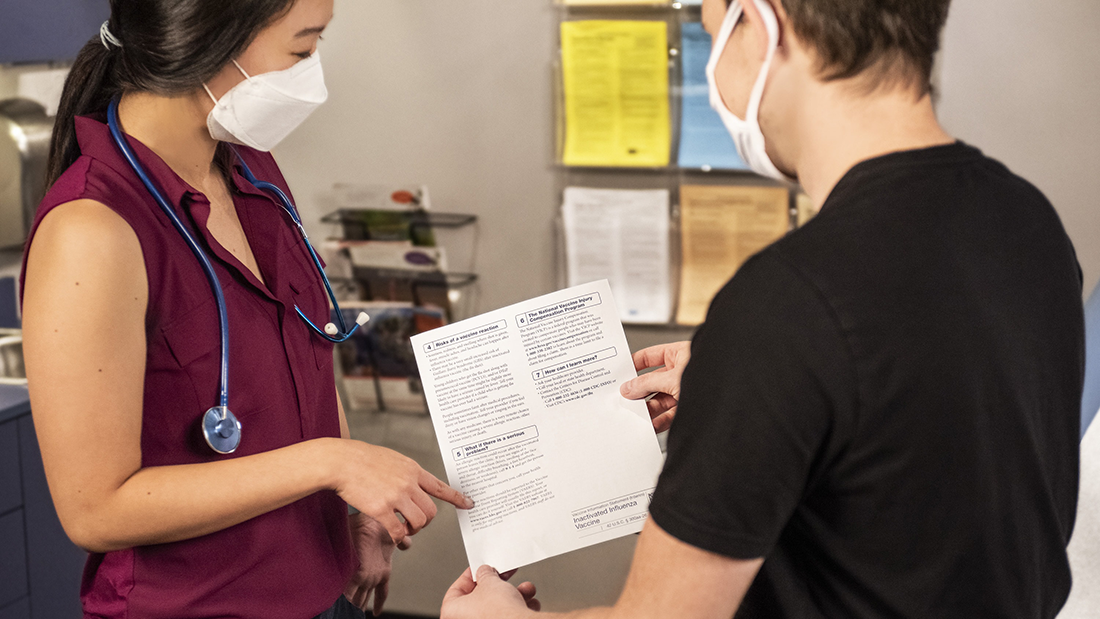
20 Dec When is it ethical to experiment on another human being?
A recap of human research protections and ethics for clinical research professionals.
By James Riddle, The Association of Clinical Research Professionals (ACRP)
All clinical research professionals receive extensive training on Good Clinical Practice and other processes to be followed in their work. A topic that is only superficially covered is why those processes are required.
“Many of today’s clinical trial regulations were designed to protect against repeats of past research abuses,” states James Riddle, MCSE, CIP, CPIA, CRQM, Vice President, Research Services and Strategic Consulting, Advarra. “These historical lessons underpin many of the checklists of activities involved in clinical research—from obtaining informed consent, to documenting clinic visits, to filling out delegation of authority logs.”
In the United States, key regulations come under the Department of Health and Human Services’ Food and Drug Administration (21 CFR Parts 50 & 56) and Office of Human Research Protections (45 CRF 46 or “Common Rule”). Major historical documents include the Nuremberg Code, Belmont Report, and the Helsinki Declaration.
“Compared to other industries, regulations within clinical research can feel overly burdensome, but they are there for good reasons,” notes Riddle. “Intended to advance the principles of respect for persons, beneficence, and justice, these regulations can help us define when clinical research is ethical.” Read more …



